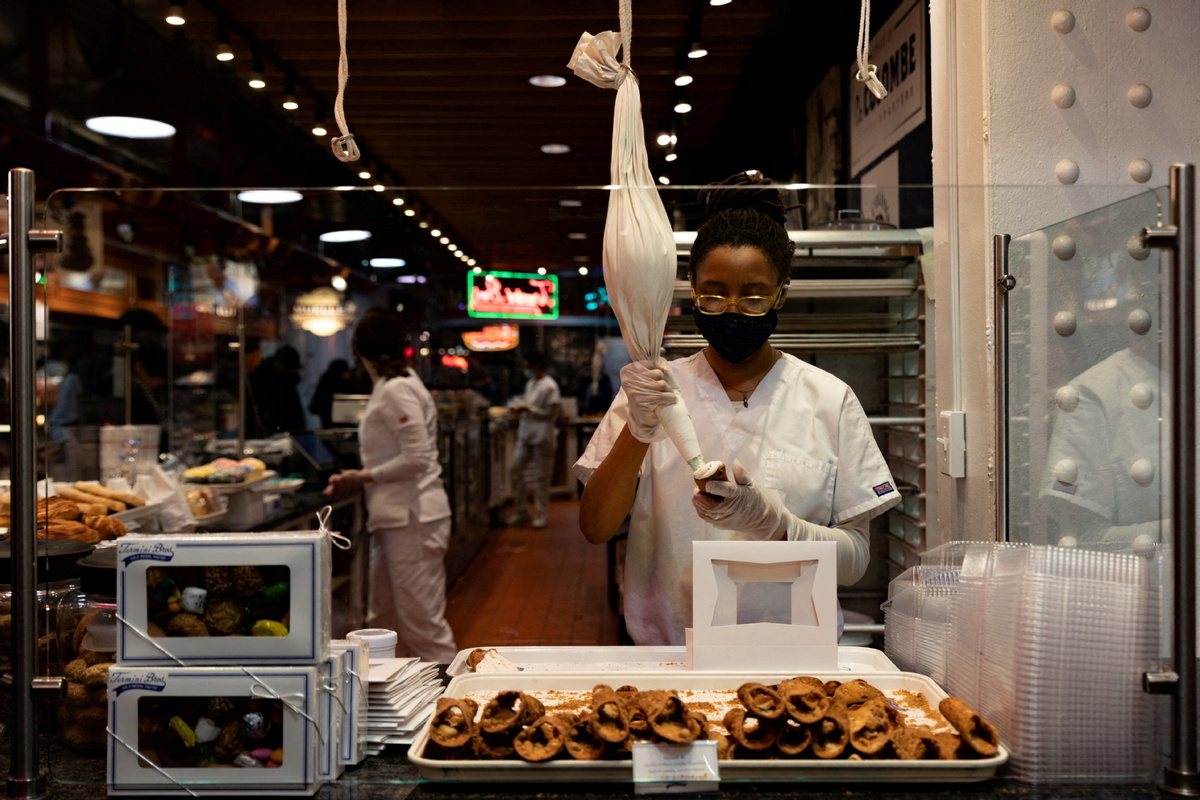COVID-19 pandemic reveals problems in US food system: The Guardian


LONDON - The COVID-19 pandemic has had an enormous impact on the food system in the United States and exposed the problem of power consolidation in its food industry, The Guardian said in a recent report.
"Long before most of the emergency rooms were overloaded, it was the food system that showed the first signs of the enormous impact the pandemic would have," said the report published on Tuesday.
Supermarket shelves were running empty and restaurants were closed. Farmers were forced to dump milk into their fields or kill their stock because the country's meat processing plants were overwhelmed or shuttered, according to the report.
"And it wasn't just farmers or the restaurant owners or the agricultural industry that suffered: hunger spiked across the country," it said, adding that the pandemic pushed food insecurity in the United States to new heights, from 11 percent to 15 percent.
In 2020 alone, an estimated 60 million Americans turned to food banks, 50 percent more than the year before, said the report.
"The biggest problem is power -- and power being concentrated in the hands of a few," Michael Fakhri, UN special rapporteur on the right to food, was quoted as saying in the report.
According to an analysis by The Guardian, nearly 80 percent of dozens of everyday grocery items are supplied by just a small number of companies; only four firms control half the market in chicken processing, some 70 percent of pork and over 80 percent of beef; and four biotech seed companies control half the world's seed supply.
Consolidation of power can also be found in food insecurity, said Andy Fisher, the author of "Big Hunger," noting that food banks and food stamps programs are "all tied into corporations."
Fisher said that a large number of food stamps went to the hands of big players like superstores and supermarkets, including Walmart, Target, and Costco, according to the report.

































